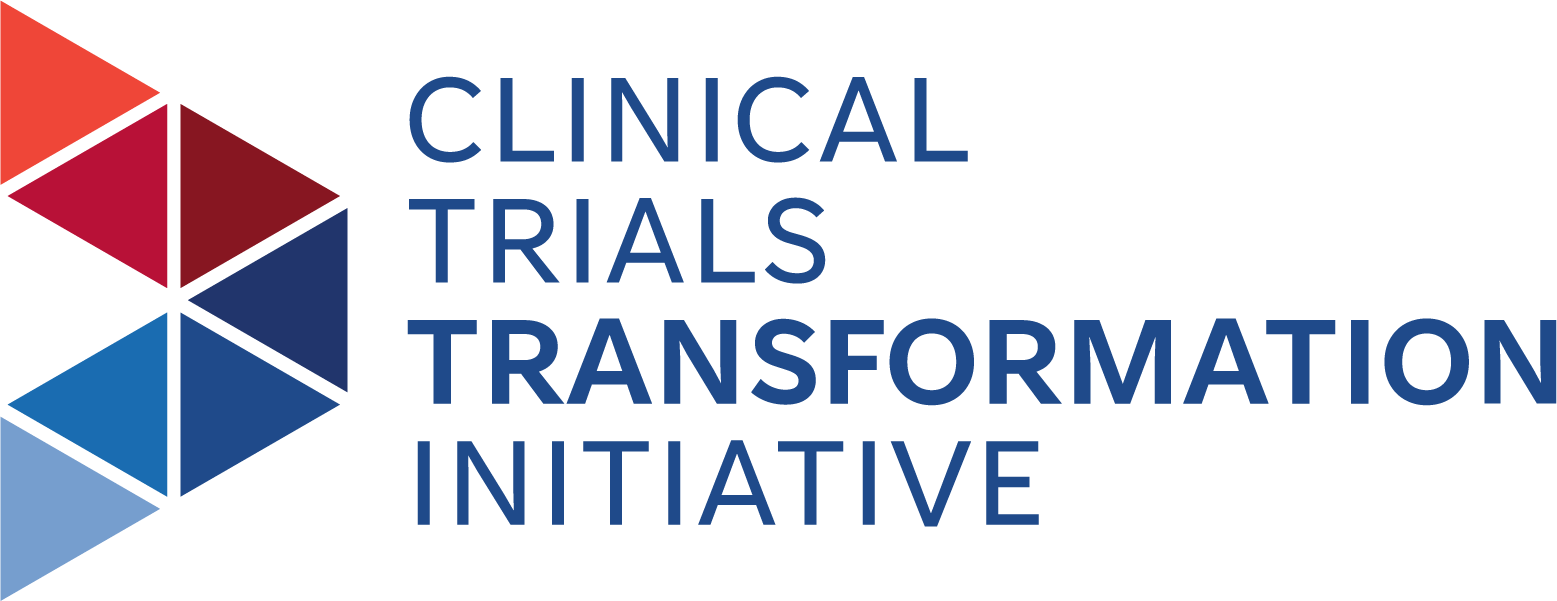Can Patients Moderate Research Panels as Effectively as Clinicians? Yes - And They Might Be Better
AiArthritis Applies CTTI's Patient Group Engagement Recommendations
SUMMARY
The
International Foundation for Autoimmune & Autoinflammatory Arthritis (AiArthritis)
has a mission to help those who are affected by autoimmune and autoinflammatory
diseases that include arthritis as a major clinical component use their voices as
equals alongside other stakeholders to solve problems that impact education,
advocacy, and research. AiArthritis used CTTI's Patient Group Engagement (PGE)
recommendations to successfully test a methodology placing patients in lead
research roles with expert research professionals as their advisors.
GOAL(S)
Despite
AiArthritis's best efforts to bring all voices into the rheumatology research
fold, there was still a gap between what patients could offer and what was
interwoven into most arthritis research. Never an organization to shy from
innovation and a challenge, AiArthritis set out to develop a planning project
that would test and
develop new collaboration strategies to enhance engagement between industry, researchers,
and a global pool of patients to improve endpoints, expedite processes, and
better utilize research dollars in the early drug development phase
(pre-clinical trial) of the rheumatology Research & Development (R&D)
continuum. As a second objective, AiArthritis wanted
to ensure that all patients have the opportunity to engage in various research
initiatives with different stakeholder groups regardless of geographic
location, disease limitations, or former advocacy experience.
CHALLENGES
As a non-profit patient-led
research foundation, AiArthritis wasn't equipped with a team of savvy
researchers or a massive budget to bring its vision to life. To determine just
how deeply patients could reasonably be embedded into the rheumatology research
process, it needed to start the way many brilliant ideas originate: with a
curious mind, determination, and a Google search.
SOLUTION(S)
Fortunately,
AiArthritis soon found CTTI's PGE recommendations,
which highlight important roles for patient groups throughout all stages of the
research process. These solutions also provide best practices that sponsors,
patient groups, and other stakeholders can use to ensure the relationship is
mutually beneficial.
CTTI has also developed an online prioritization tool that
patient groups and sponsors can use to identify high-value opportunities to
work together. The tool lets users select relevant engagement opportunities for
their project, rate the benefits and investments of each (low, moderate, high),
visualize and adjust the analysis, and compare the output with their partner.
For AiArthritis, CTTI's findings supplied much of the baseline research it had
prepared to spend thousands of dollars to obtain. As a result, the project's
starting point accelerated considerably, setting up AiArthritis for a more
robust solution than it would otherwise have achieved.
TAKING ACTION
With many of the overarching patient engagement insights well established by CTTI, AiArthritis began to
chart the areas where patients add value on the research spectrum (such as
natural history, dissemination and education). With those established, they had
a framework to consider building on CTTI's work with rheumatology-specific
areas for patient inclusion. One of those areas was in focus group moderation. AiArthritis
theorized that with professional training, patients could serve as less costly
and more effective moderators for focus groups. With a personal experience with
the symptoms people with arthritis navigate, they could ask more targeted
follow-up for richer focus group outputs. To this end, AiArthritis formed A
Community Team, or ACT, a program to test a new
methodology that placed patients in lead research roles with expert research
professionals as their advisors.
One challenge of patient-led efforts is garnering credibility in the research community. Researchers tend to be hesitant about the role patients can play in the research process and put them in a limited advisory role. To flip the script, AiArthritis made patients the leaders of the focus groups with researchers serving as advisors. Their ACTion Council, which was formed in 2019, is 70 percent patient led, putting the patient voice at the fore of their effort.
One challenge of patient-led efforts is garnering credibility in the research community. Researchers tend to be hesitant about the role patients can play in the research process and put them in a limited advisory role. To flip the script, AiArthritis made patients the leaders of the focus groups with researchers serving as advisors. Their ACTion Council, which was formed in 2019, is 70 percent patient led, putting the patient voice at the fore of their effort.
IMPACT
ACT has been a tremendous success for AiArthritis,
with subsequent initiatives building on the initial pilot program. Researchers
partnering with ACT have enjoyed rich insights delivered by professionally
trained patient moderators who can dig into a question with personal
perspective in a way a non-patient moderator could never achieve. The program
was one of three winners, and the only immunology winner, in Celgene's 2015
Innovation Impact Awards, which recognize the achievements of
U.S.-based not-for-profit organizations addressing the needs of patients,
caregivers and healthcare providers in today's challenging healthcare
environment. As a next phase, ACT is preparing patients for precision medicine
through a working group that is piloting a shared decision-making tool to
educate patients about the barriers and benefits of participation in research.
ADVICE
From AiArthritis, the importance of
looking at existing resources prior to a patient engagement effort cannot be
overstated. The organization not only saved substantial cost by using CTTI's
recommendations, but also achieved a much more robust program than if they had
started from scratch. Recognize that no resource will be 100 percent aligned to
your needs, but there is likely still value embedded in prior work that can
establish a foundation for your effort.
ORGANIZATION
The International Foundation for AiArthritis
ORGANIZATION TYPE
Patient
IMPLEMENTATION DATE
2015
TOPIC
Patient Engagement
